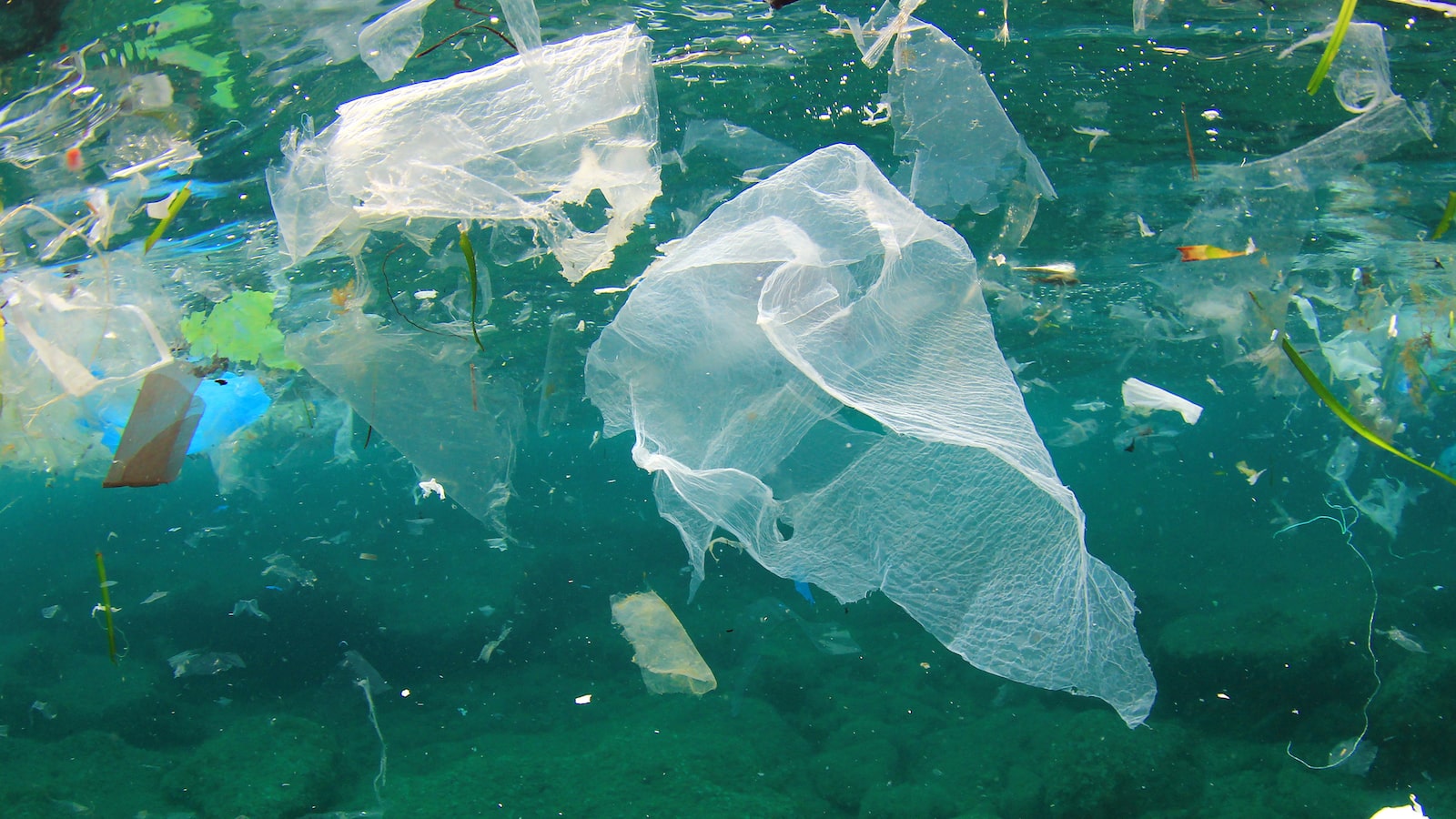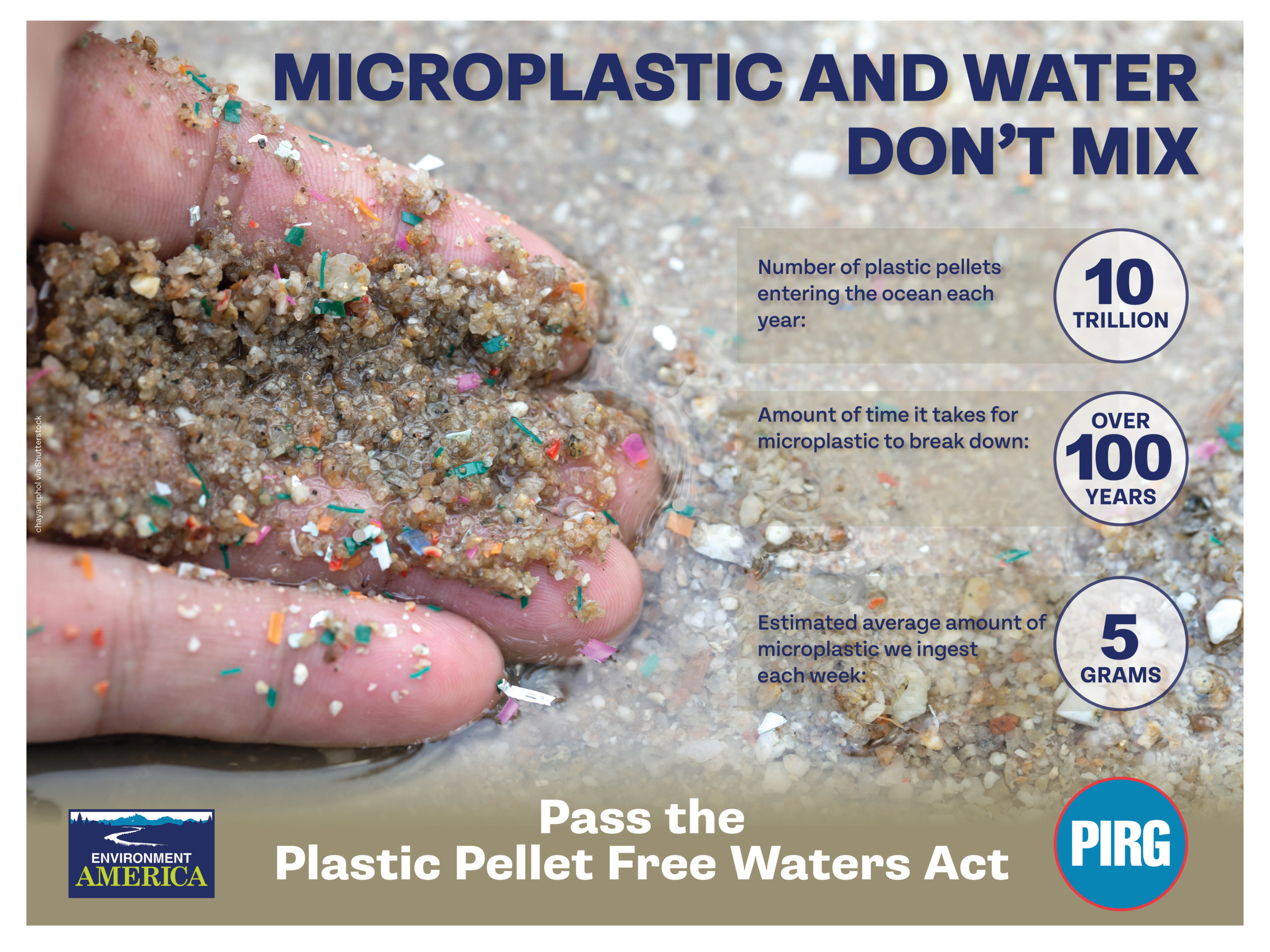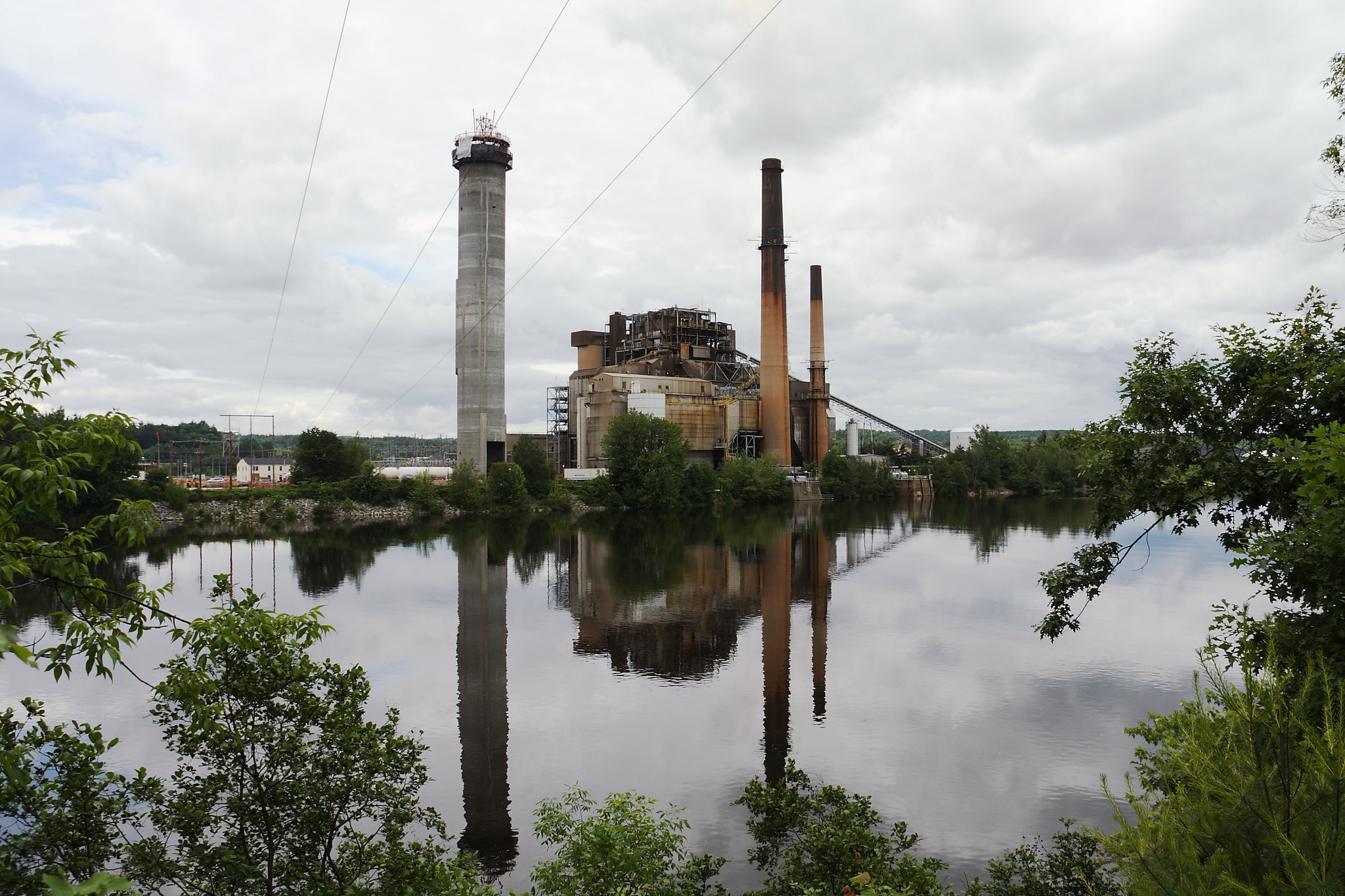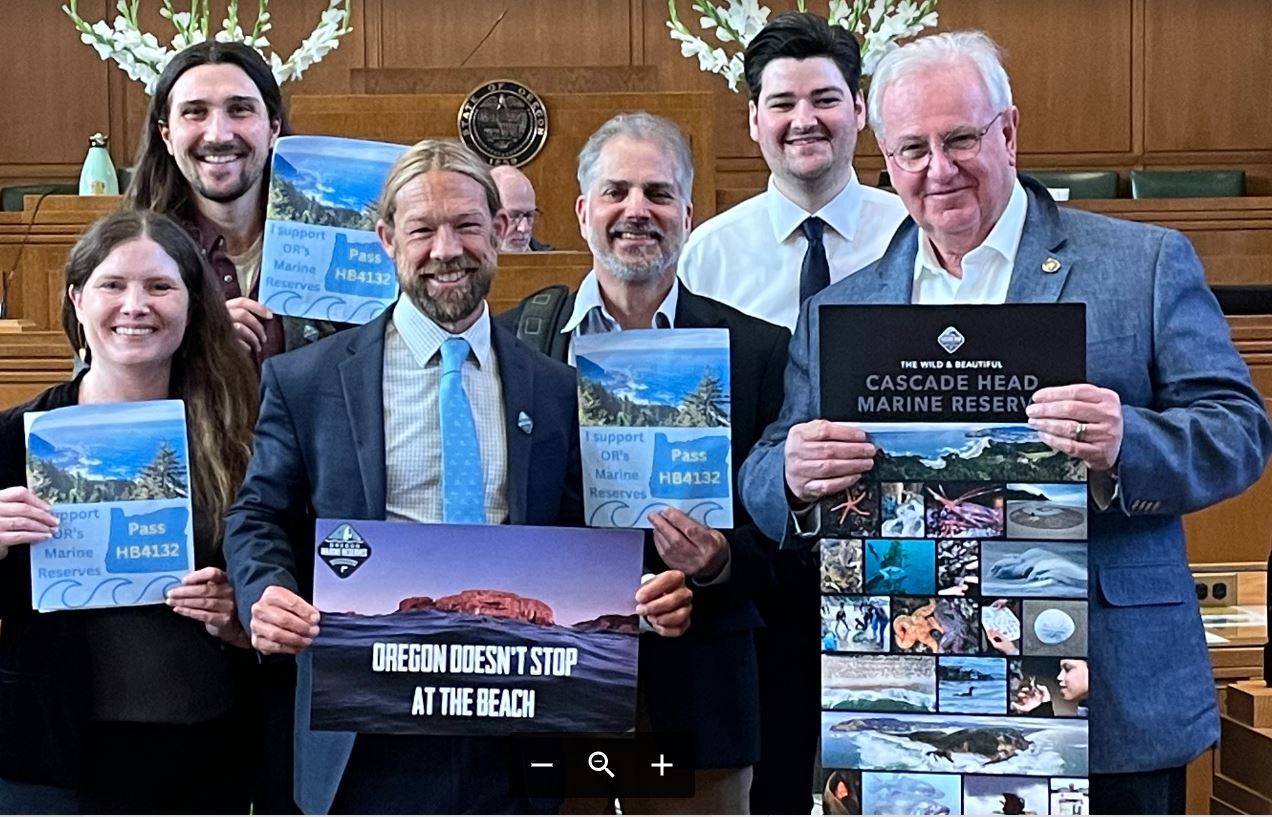
Environment America, PIRG and Environmental Action deliver over 42,000 public comments to EPA to reduce single-use plastics
Environment America, Environmental Action and PIRG collectively submitted 42,344 public comments calling on the Environmental Protection Agency to strengthen the proposed National Strategy to Prevent Plastic Pollution.

Single-use plastics are flooding our lives, and the waste they’re designed to become is harming our communities and environment, especially our oceans where they can harm wildlife. Given that less than 10% of all plastic ever made has actually been recycled, it’s clear we need to stop producing so much wasteful plastic in the first place.
On June 22nd, Environment America submitted 42,344 public comments on behalf of Environment America, Environmental Action and PIRG, in response to the Environmental Protection Agency’s proposed National Strategy to Prevent Plastic Pollution.
The current draft is a step in the right direction, but should be strengthened. Each of the 42,344 people signed the following letter, which outlines those key opportunities:
I applaud the EPA’s Draft National Strategy to Prevent Plastic Pollution for asserting that the practice of converting plastic waste to fuel or fuel substitutes is not “recycling.”
However, I urge the agency to significantly strengthen the proposals on reducing plastic waste, especially from single-use plastics, at the source.
Given that less than 10% of all plastic ever made has actually been recycled, it’s clear we need to stop producing so much wasteful plastic in the first place. In order to truly address our country’s plastic pollution crisis, it’s crucial that the Draft National Strategy to Prevent Plastic Pollution include strong, concrete policies to ensure that fewer single-use items are produced in the first place, and to make plastic producers responsible for reducing their plastic footprint.
For far too long, the onus of dealing with all this throwaway plastic “stuff” has fallen on the consumer. And in fact, the plastics industry has known for decades that the vast majority of plastic can’t or won’t be recycled — yet companies have continued to pump out wasteful, unnecessary single-use plastics, leaving us to deal with the consequences.
By enacting strong policies to eliminate the single-use plastics we just don’t need and making producers responsible for cleaning up their mess, we can turn the tide on our country’s plastic waste crisis.
Topics
Updates

Lobby day secures bipartisan support for the Plastic Pellet Free Water Act

Biden administration finalizes lightbulb efficiency rules

Last coal-fired power plant in New England slated to close

Gov. Kotek signs bill to support Oregon’s Marine Reserves Program


